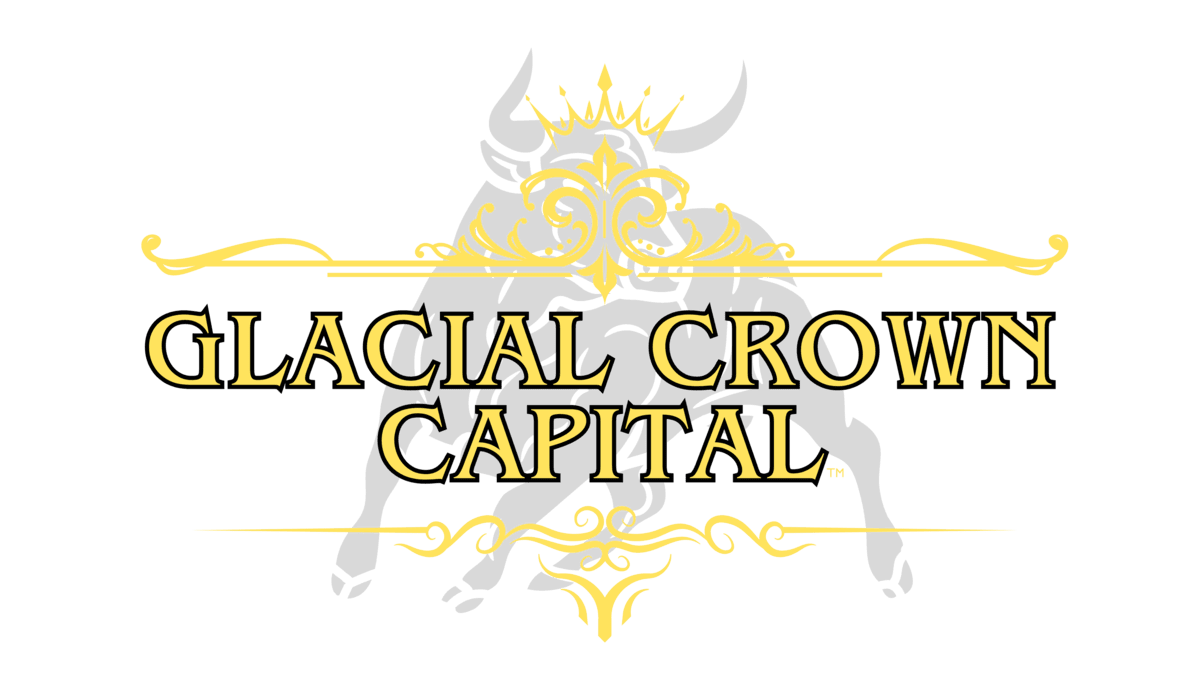Howard Marks is renowned in the financial world for his deep insights into investment, market cycles, and risk management. As the co-founder and co-chairman of Oaktree Capital Management, Marks has spent decades studying market behavior, which he often shares through his widely read memos.
However, Howard Marks is not known for providing detailed specifics about exact trading methods or precise capital allocation strategies, as such details are typically proprietary within the operations of his firm. Instead, this will explore the general principles he adheres to, which can be inferred from his writings and public statements.

Understanding Howard Marks’ Investment Philosophy
Understanding Cycles: Marks emphasizes the cyclical nature of markets. He believes that understanding where we are in the cycle can significantly influence investment decisions.
Bull Markets: During these times, Marks advises caution against over-enthusiasm. He suggests that investors should be more selective, looking for value rather than growth at any price.
Bear Markets: Here, Marks sees opportunity, advocating for a contrarian approach where others are fearful.
Risk and Uncertainty:
Marks differentiates between risk and uncertainty. Risk can be quantified, but uncertainty, which involves unknown unknowns, cannot. His approach involves:
Risk Management: Rather than avoiding risk, which is impossible, Marks focuses on managing it. This involves understanding potential downsides and ensuring that the reward justifies the risk taken.
Second-Level Thinking: This involves thinking beyond the obvious, understanding how others will react to market conditions, and positioning investments accordingly.
The Role of Psychology: Marks often discusses how psychology affects investment decisions:
Counter-Cyclical Investing: He advocates buying when others are selling and vice versa, capitalizing on the emotional reactions of the market.
Howard Marks’ Approach to Trading and Capital Allocation
While exact trading methods are not disclosed, we can infer some general strategies from Marks’ principles:
Investment Selection:
Value Investing: Marks looks for investments that are mispriced by the market due to temporary or psychological factors. This involves deep fundamental analysis but with an awareness of market sentiment.
Distressed Debt: Oaktree is famous for its distressed debt investments, where Marks and his team look for companies or securities that are undervalued due to financial distress but have good fundamentals or a viable path to recovery.
Capital Allocation:
Concentration vs. Diversification: While Marks appreciates diversification to mitigate risk, he also believes in concentration where conviction is high. However, the balance between these is not publicly detailed:
Position Sizing: Marks would likely adjust position sizes based on confidence levels and the risk-reward ratio rather than using a fixed percentage of capital.
Liquidity Management: Given his focus on distressed situations and long-term value, liquidity is crucial. Marks would likely maintain enough liquidity to capitalize on new opportunities as they arise or to exit positions during adverse market conditions.

Risk Management:
Avoiding Catastrophic Losses: One of Marks’ key principles is to avoid the big losses. This might involve:
Stop Losses or Equivalent: While traditional stop losses might not fit Marks’ long-term investment horizon, there would be strategic points where the thesis is invalidated, leading to an exit.
Scenario Analysis: Considering worst-case scenarios to ensure that even if wrong, the impact on the portfolio would not be devastating.
Performance Measurement:
Long-Term Perspective: Marks isn’t focused on short-term gains but on long-term capital preservation and appreciation. This means less concern with quarterly performance and more with the integrity of the investment process over years.
How Much Capital Would Howard Marks Risk?
General Risk Tolerance: Marks has often spoken about not risking “the ranch” on any single idea. While exact percentages aren’t given, one could infer:
High Conviction Investments: Might see higher allocations but with a cap to prevent any single investment from overly impacting the portfolio.
New or Unproven Ideas: Likely smaller allocations, with room to increase as conviction grows or as market conditions evolve favorably.
Portfolio Level: At the portfolio level, Marks would aim for a risk profile where the overall portfolio can withstand significant market downturns without permanent capital loss.
Howard Marks’ trading methods and capital risk strategies are not about detailed execution but about overarching principles that guide his firm’s investment decisions. His approach is characterized by a deep understanding of market cycles, a contrarian mindset, rigorous risk management, and an emphasis on psychological resilience.
While the exact figures for capital at risk or specific trading tactics remain undisclosed, these principles provide a robust framework for any investor looking to emulate the “Marks method.” His philosophy isn’t about chasing the market but about understanding it to outlast and outperform it over time.
If you enjoyed this – check out Howard Mark’s Approach to Risk here
Disclaimer: The information provided here is for educational purposes only. It does not constitute investment advice or a guarantee of performance. Investing involves risks, including the possible loss of capital. Seek advice from financial and tax professionals tailored to your financial circumstances and goals.



















